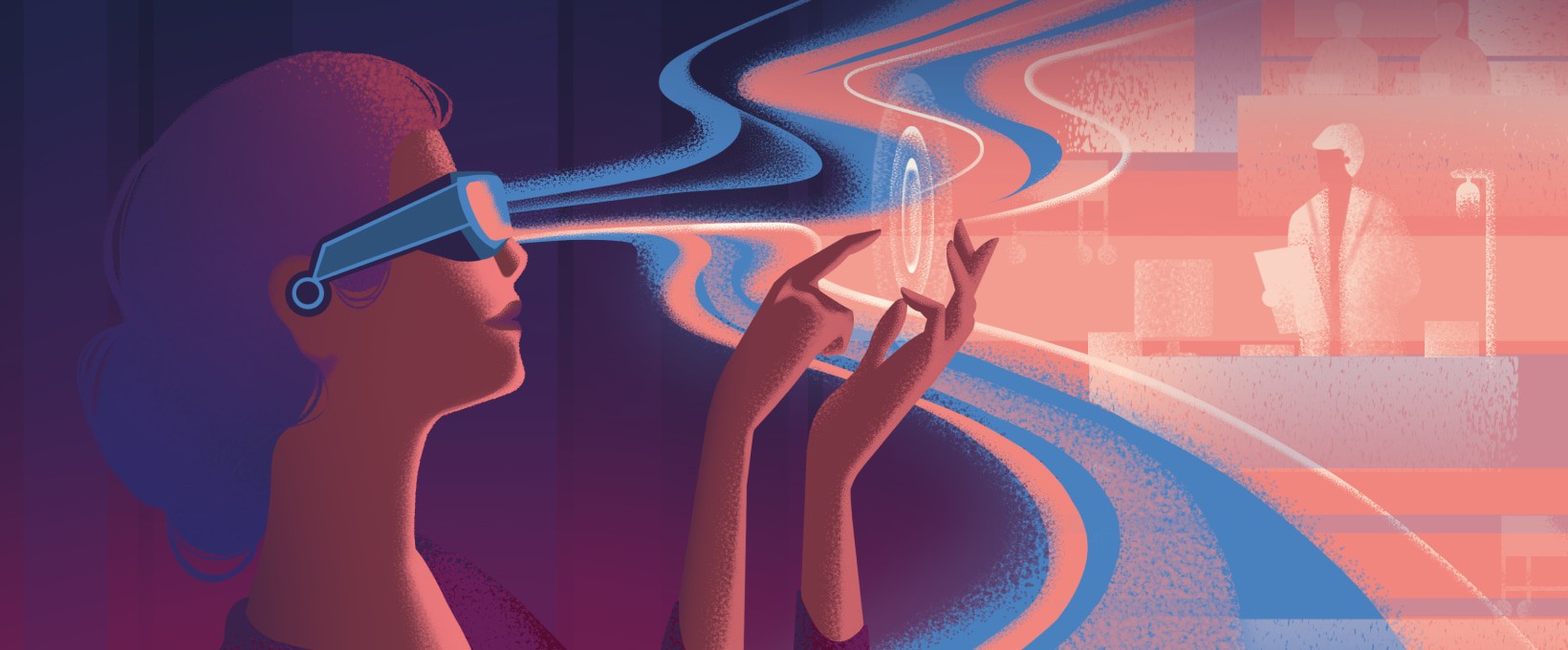- Types of AI that e-commerce companies use
- Winning AI solutions for e-commerce
- AI-powered advisors
- Image generation
- Metaverse
- To sum up
Over the last decade, e-commerce has undergone a significant paradigm shift. Digitally savvy customers have completely changed the way they consume goods and media, and companies have had to adapt their existing retail models to the entirely new realm of digital media and online platforms. This challenge brings along immense opportunities to benefit from software solutions reinforced by artificial intelligence. Below, we’ll explore popular AI use cases that are taking e-commerce to a new level.
Types of AI that e-commerce companies use
In fact, AI tools have been in the industry for more than ten years, making all kinds of forecasts, helping with personalization, and fueling the work of chatbots. Retailers have been relying on this technology to launch dynamically tailored marketing campaigns, automate SEO routines, and categorize requests from clients.
With the emergence of generative AI, the nature of customer interaction with shops has changed. Now, app users and website visitors are consciously interacting with these platforms, whereas previously they would interact with AI-powered personalized social media feeds indirectly by consuming news, ads, and their friends’ posts.
Generative AI is still very much in its infancy. AI-fueled solutions often aren’t ready to be released to end users because of hallucinations and the flawed output they can generate. Nevertheless, about 50% of CEOs surveyed by the IBM Institute for Business Value for the 32nd Edition of its Global C-suite Series have shared that they’re enhancing their products and offerings through the use of this technology. Below are some popular use cases that help brands reimagine customer journeys, evolve operational models, leverage order intelligence, securely and effectively handle payments, and more.
Winning AI solutions for e-commerce
The following options of AI usage hold great potential for companies and have already been tested and implemented by retailers.
AI-powered advisors
Smart recommendations help retail firms build an ecosystem of offers and services. When customers make purchases, software suggests additional products that would add value. It’s not just about e-commerce anymore; this can be a broad range of services.
For example, if someone buys a wardrobe, the app can suggest a video guide showing how to assemble it. The key to smart advising is that retailers constantly ask themselves how they can make everyday life easier for customers, what technologies can help them, and how these will evolve in the future.
Image generation
Computer-generated imagery can be enhanced with AI, enabling companies to create compelling product visuals based on digitally available data. This is a fully algorithm-driven process based on real-world data. For instance, a seller can digitally replicate a kitchen with specific dimensions, colors, and materials.
Generative AI, in turn, can produce creative ideas for products. For example, in the fashion industry, a designer can use historical data, such as past sales, clothing types, fabrics, patterns, and color trends, to gain inspiration and develop the initial idea for a future clothing line. The manufacturer can then produce the garments based on these images.
For traditional product photos, generative AI can be used to create a background, placing the item into various settings. This technology can even go as far as virtual try-ons, where a buyer can see themselves as an avatar wearing the clothing.
Metaverse
Gadgets like Meta's AI-powered smart glasses have the potential to elevate the shopping experience to the next level. For example, consumers will be able to try on various clothing combinations when standing in front of a mirror.
To sum up
As customer expectations are constantly growing, competition among industry players is getting tougher. The key to thriving in the competitive market is to modernize legacy systems and employ advanced technology. To make a solid start, a company can turn to a trusted provider of artificial intelligence consulting services. Their experts will help with AI development and integration end-to-end, from auditing the existing IT infrastructure and establishing clear project goals to providing the best-matching talent and ensuring compliance with data privacy regulations.








